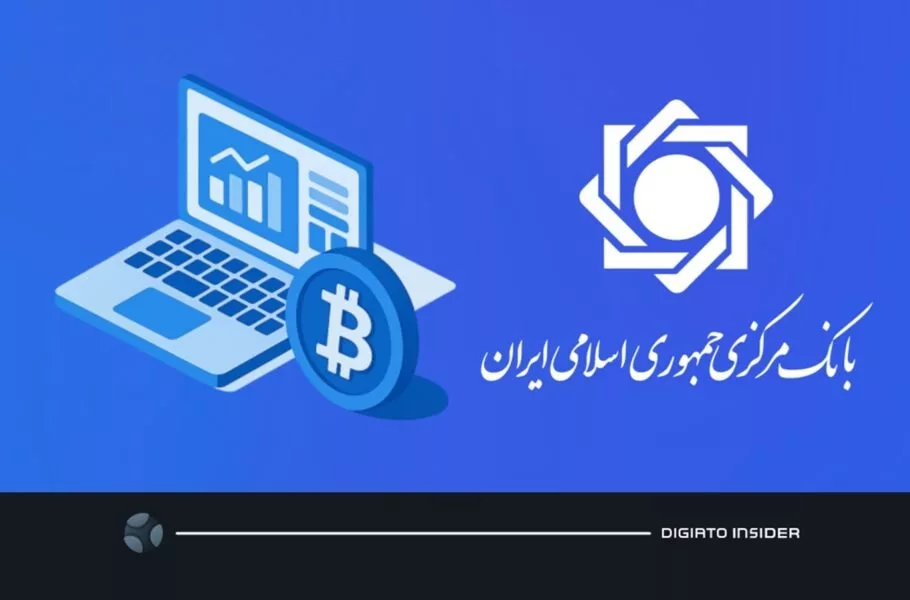
Draft Regulations for Cryptocurrency Exchanges Released: Central Bank Seeks Total Control
Iran's Central Bank introduces strict regulations for cryptocurrency exchanges, emphasizing control and transparency while limiting operations.
The Central Bank of Iran has published the draft document titled "Regulations for the Establishment, Operation, Dissolution, and Supervision of Cryptocurrency Brokers." This 18-page document serves as a roadmap for cryptocurrency exchanges in Iran but starts with extensive restrictions.
The draft was released to solicit feedback from experts and stakeholders in the crypto industry. In the document, cryptocurrencies are categorized under the broader term "crypto-money."
According to the draft, establishing and operating exchanges is exclusively permitted within the legal framework of the Central Bank, with any unauthorized activity deemed illegal.
Trading stablecoins, referred to as "fixed-base crypto-money," will only be allowed if approved by the Central Bank. Additionally, crypto portfolio management and advisory services are banned until further notice, with exchanges required to await future directives.
Furthermore, accepting deposits, offering interest, or extending crypto loans to customers is entirely prohibited - a measure that will pose significant challenges to exchanges that previously relied on these services as competitive advantages.
Other prohibitions include leveraged trading and derivative services. Only futures contracts, under strict conditions and without leverage, will be permitted.
Strict criteria have also been set for the founders and executives of exchanges. CEOs and board members must hold Iranian citizenship, demonstrate a minimum of two years of relevant work experience, have no criminal records or outstanding bank debts, and possess academic degrees in finance, law, or IT.
Stringent Transaction Controls
Initial capital requirements present another major obstacle for those entering the industry. As outlined in Article 12 of the draft, Type 1 exchanges (offering crypto buying, selling, and advisory services) must have a minimum capital of 50 billion tomans. Type 2 exchanges (including platforms for trading and portfolio management) require an initial capital of 1,000 billion tomans. Daily transaction limits for exchanges are capped at twice their registered capital.
Article 37 stipulates that exchanges must only accept payments from customers through their designated online gateways and exclusively from the customer's personal bank card.
The draft also grants the Central Bank permanent access to exchange accounts and transaction records, with the authority to inspect them at any time. In cases of customer losses, CEOs and board members will be jointly liable for compensating affected users.
Implications for Current Market Players
Existing crypto operators, who are currently functioning without a clear regulatory framework, are required to apply for licenses within three months of the official implementation of the regulations. Failure to comply will render their operations illegal.
With the release of this draft, the Central Bank has sent a clear message to the crypto market: regulation in this sector will begin with heavy restrictions, leaving room only for players with substantial capital and transparent structures to survive.












